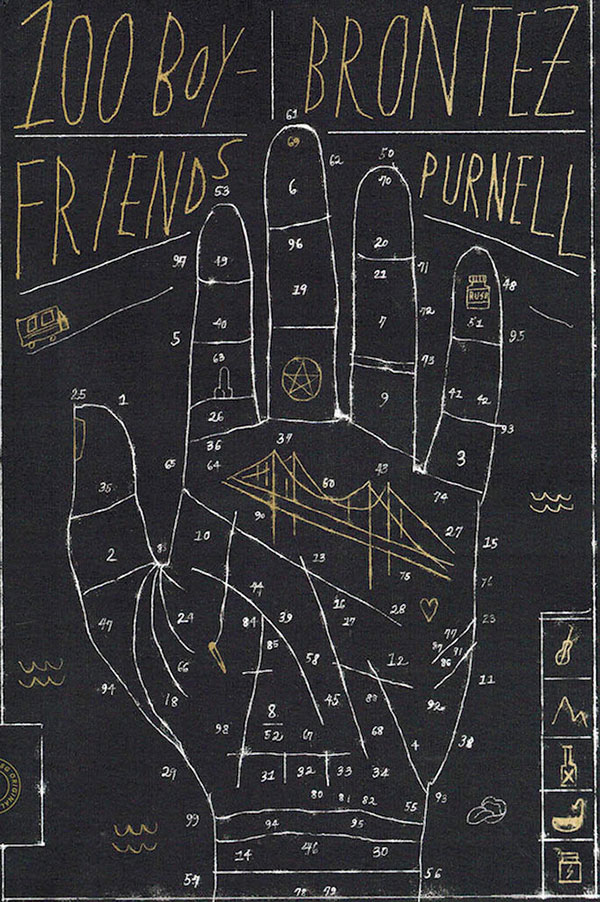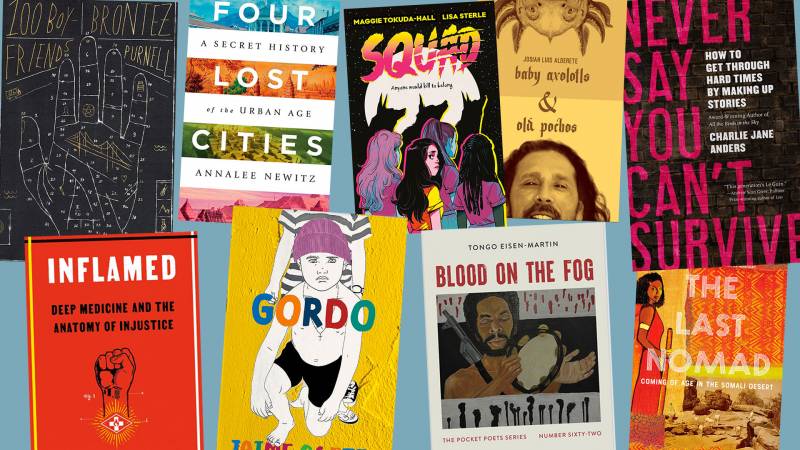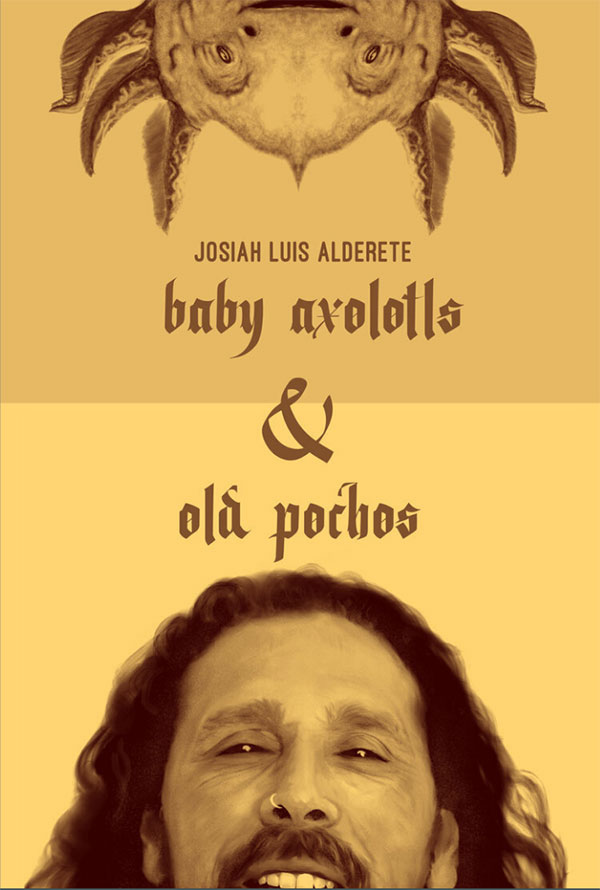
It’s been a pretty big year for Josiah Luis Alderete. First, the City Lights bookseller published Baby Axolotls y Old Pochos (Black Freighter Press, $20). And then he went and bought a whole bookstore of his own in the Mission District of San Francisco (Medicine for Nightmares, with J.K. Fowler and Tân Khánh Cao). In his conversational, Spanglish-inflected poetry, Alderate brings to life a tight-knit community surviving with grace under unimaginable pressure. It’s a compassionate recuerdo of family, friends, and identity that straddles many borders—internal and external—and a vivid homage to an increasingly colonized Mission still inhabited by bilinguistas and Pochos, Tías and Tezcatlipoca.
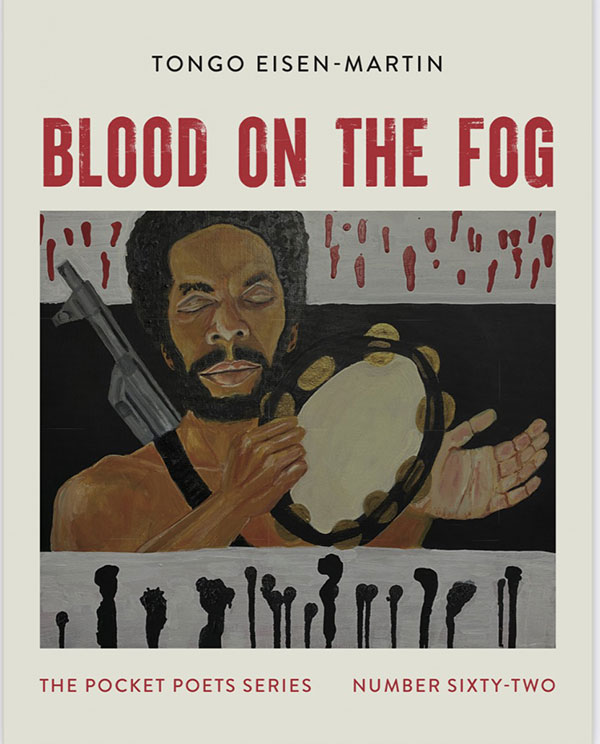
To see San Francisco’s eighth poet laureate Tongo Eisen-Martin read is to get a crash course on how poetry can be a wholly embodied artform. Dynamic and assured, Eisen-Martin inhabits the living, breathing margins of his poems sometimes as a warrior, sometimes as a ghost; sometimes an explosion, sometimes as a wisp of smoke. In his third book, Blood in the Fog (City Lights Books, $15.95), he reveals the layers of a revolutionary experience from the inside out, excavating family histories, fragments of song, Black power and Marxist theory, structural violence and the candor of the street with richly invoked language and intricate form. “I am lucky to be a metaphor for no one,” Eisen-Martin writes. The metaphor resides within.
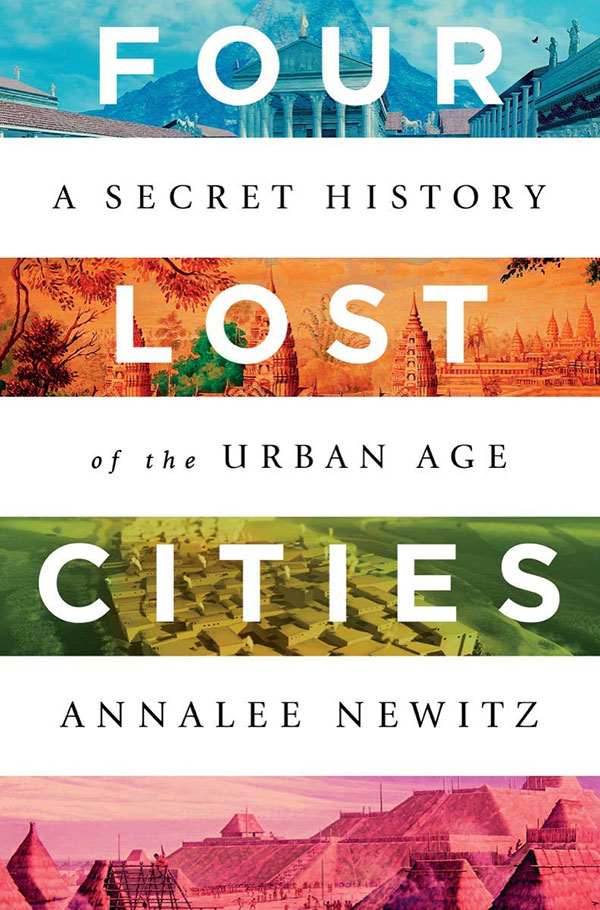
If you’ve read Annalee Newitz’ Scatter, Adapt, and Remember, you’ve already encountered their theories about how humanity might survive the ongoing Holocene extinction event, including adapting our cities to address climate change and other perils. In Four Lost Cities (W.W. Norton, $26.95), Newitz revisits the theme of adaptation by positioning the collapse of certain urban environments as a natural part of their evolution. Investigating the demise of four cities—from Çatalhöyük to Cahokia—Newitz looks into their unique cultural and environmental markers in order to determine what external and internal circumstances could lead to their “disappearance.” Captivating and thought-provoking.
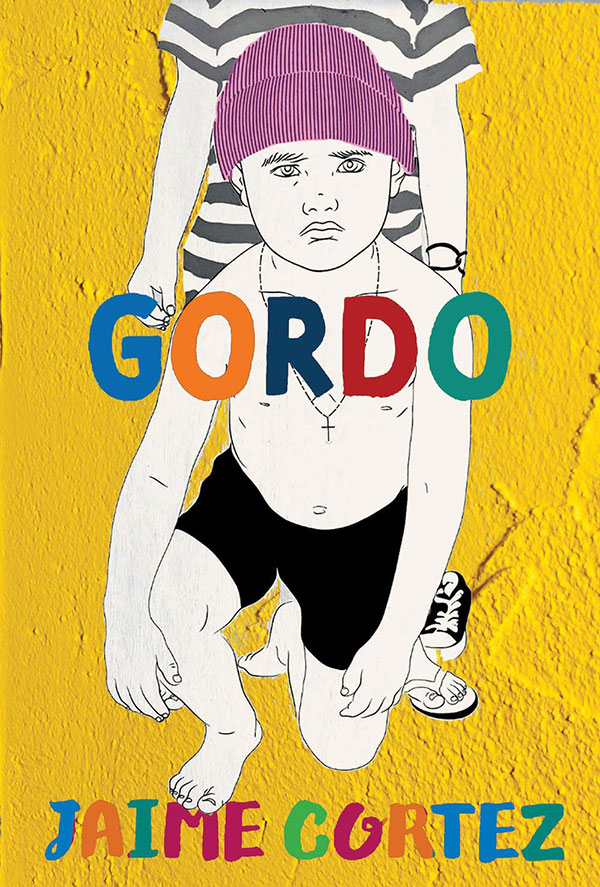
‘Gordo,’ by Jaime Cortez
One of the best readings I’ve ever attended was at a LitQuake, perhaps 10 years ago, where I saw Jaime Cortez read “The Jesus Donut”—the story that kicks off the collection of shorts. Ever since, I’ve eagerly awaited this joyous book of short stories centered on a 1970s migrant community in Watsonville. With a loving touch, Cortez imbues his tales with humor, dignity, and heart, frequently (though not exclusively) told through the eyes of a bullied child, called “Gordo” by most. Gordo (Grove Atlantic, $16) is a wonderfully detailed portrait of a specific time and place that nonetheless feels completely of the moment, and makes for a deeply satisfying read.
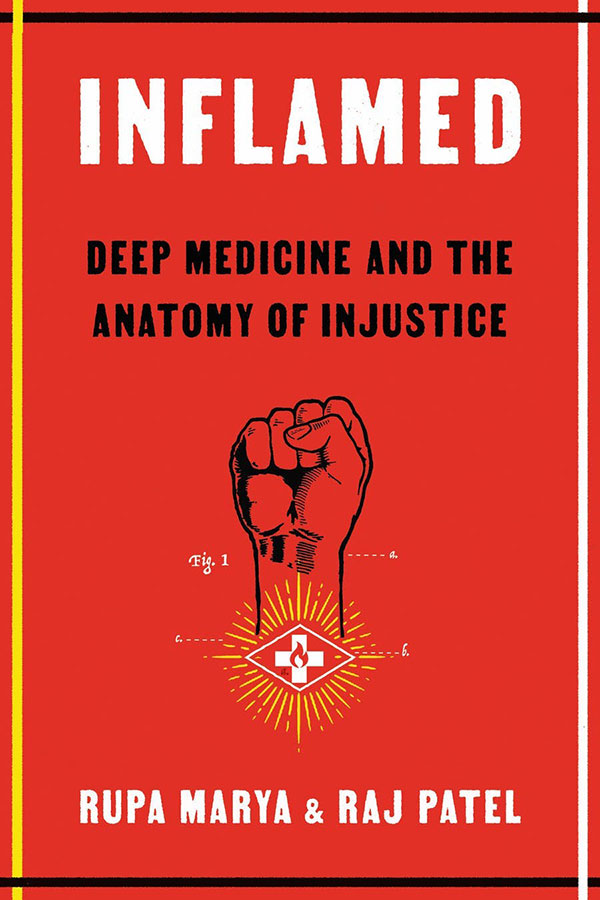
Physician-musician-activist-author Rupa Marya is a true renaissance person, seemingly capable of taking full part in any discipline or area of expertise. In Inflamed: Deep Medicine and the Anatomy of Injustice (Macmillan, $30 hardcover; $14.99 ebook), co-written with author Raj Patel, Marya ties the systems of the human body to the systems of the natural world in order to demonstrate how the dire effects of colonization, capitalism, and other human-made oppressive systems affect not only the physical form, but our interconnected well-being. It’s an urgent call from the field of medicine to address the very real racial, gender, and socio-economic inequities built as firmly into “health care” as any other institutional structure in a society where commerce comes before the commons.
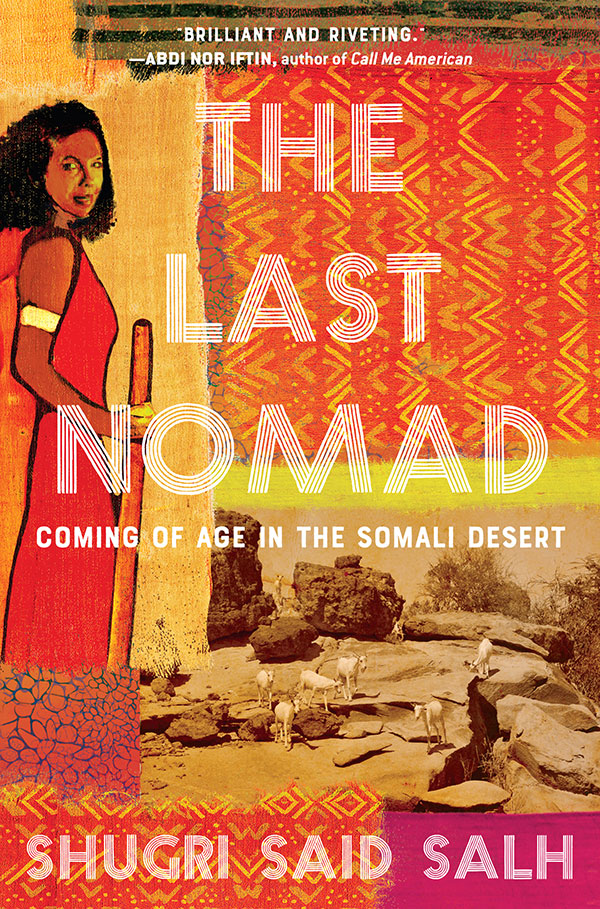
In the first line of her stunning memoir, Shugri Said Salh admits that of course she’s not literally the last nomad. But rather, that she’s the last of her family line to have been nomadic—as even her siblings had remained living in cities and villages while Salh spent a good portion of her childhood herding goats across the Somali desert under the watchful eye of her beloved ayeeyo (Grandmother). In The Last Nomad (Workman Publishing, $26.95), Salh introduces us to the spare, harsh beauty of the desert and the deeply engrained rituals and traditions that kept her connected to her ancestral paths, until devastating war forced her and her family to flee the country. A clear-eyed, richly-remembered memoir that takes its readers on the journey of a lifetime—from Somalia to Sonoma County.
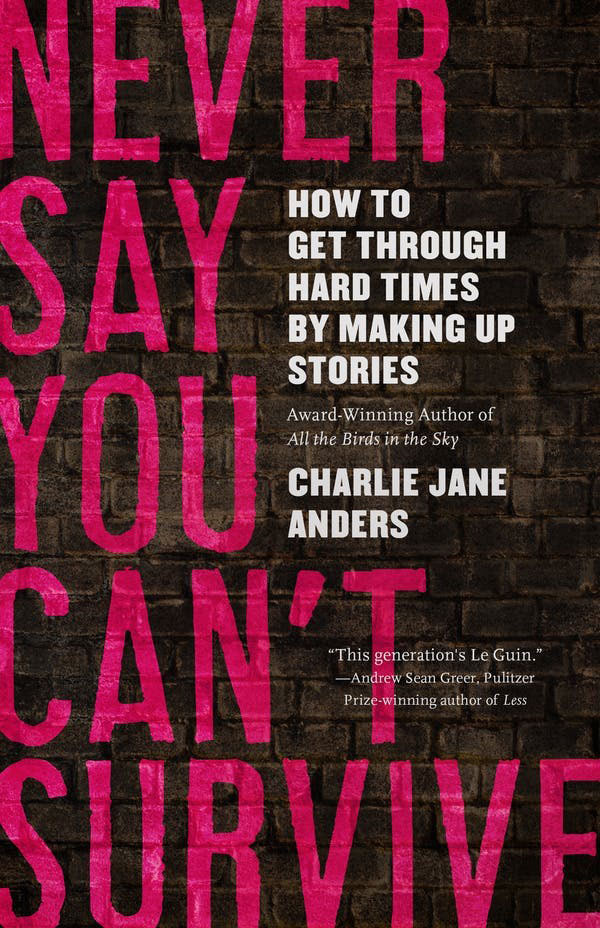
If you, like myself, found yourself in need of gently reassuring pep talk a time or twenty over this past year, then this is the book for you. Never Say You Can’t Survive (Macmillan $26.99 hardcover; ebook $13.99) is a friendly hug from your writing bestie who came to your coffee date prepared with a bunch of savvy advice and side of life coaching. The longtime chief cat wrangler of reading series Writers With Drinks, and an award-winning fantasy writer, Anders’ personable essays reflect on the life-changing potential good writing—and good writing practice—can have, for readers and writers both. If you’d rather just skip the processing and read her fiction instead, Anders published two other books this year as well: intergalactic YA adventure Victories Greater Than Death, and short story collection Even Greater Mistakes. A phenomenal triple-header!
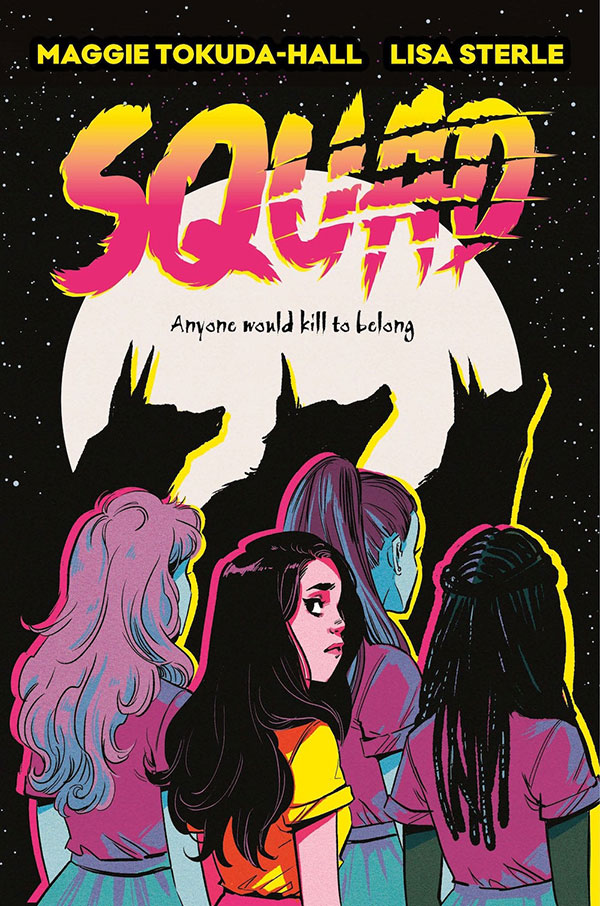
‘Squad,’ by Maggie Tokuda-Hall, illustrated by Lisa Sterle
